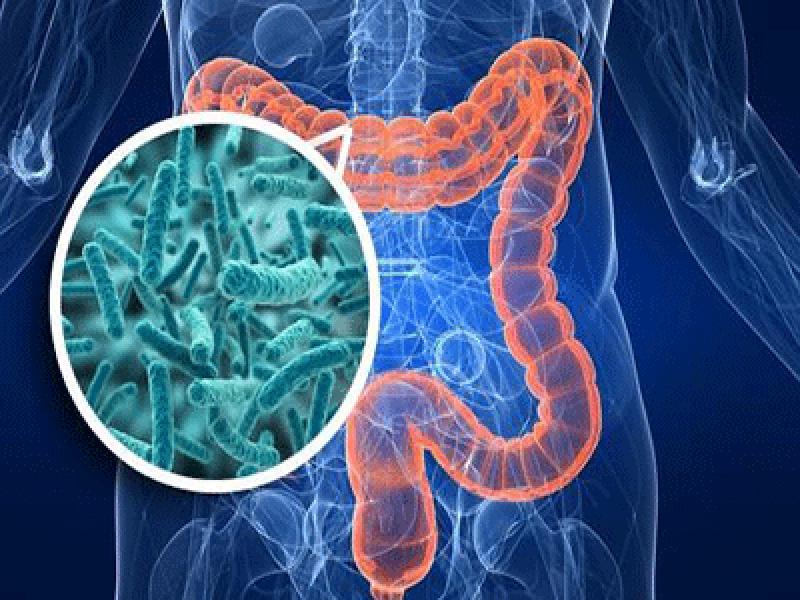Living inside of your gut are 300 to 500 different kinds of bacteria containing nearly 2 million genes. Paired with other tiny organisms like viruses and fungi, they make what’s known as the microbiota, or the microbiome. Like a fingerprint, each person’s microbiota is unique:
The mix of bacteria in your body is different from everyone else’s mix. It’s determined partly by your mother’s microbiota — the environment that you’re exposed to at birth — and partly from your diet and lifestyle. The bacteria live throughout your body, but the ones in your gut may have the biggest impact on your well-being. They line your entire digestive system. Most live in your intestines and colon. They affect everything from your metabolism to your mood to your immune system.
The main factors that affect your personal microbial mix are age, diet, environment, genes, and medications (particularly exposure to antibiotics, which can deplete gut bacteria). Your gut microbiota plays many roles. It metabolizes nutrients from food and certain medications, serves as a protective barrier against intestinal infections, and produces vitamin K, which helps make blood-clotting proteins.
But the gut microbiota may do much more. Most research has involved only preliminary animal studies; however, initial findings suggest gut bacteria may be the key to preventing or treating some diseases.
